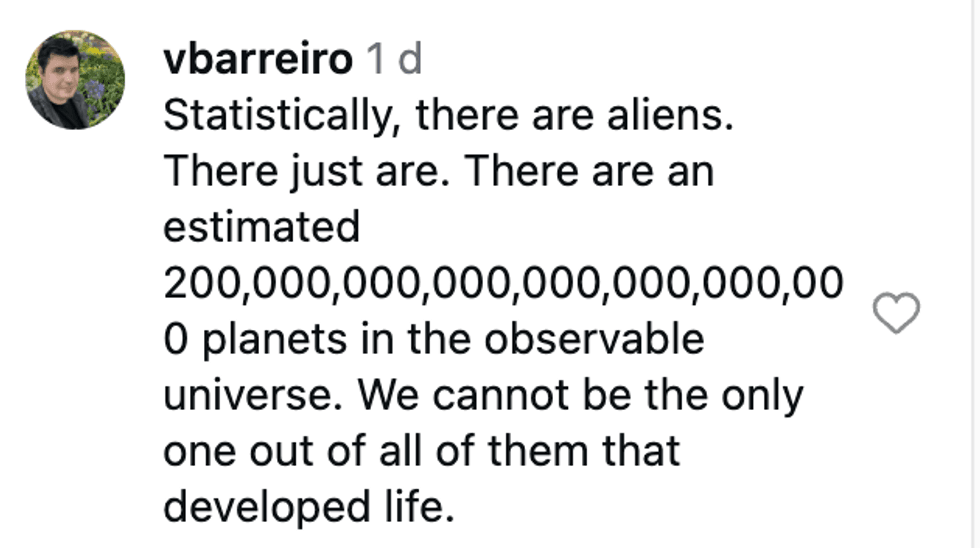The United States has a higher number of incarcerated people than any country in the world. As of June of last year, there were over 2 million incarcerated people in the U.S., with 698 prisoners for every 100 thousand Americans as of 2016.
With less than five percent of the world's population, the United States accounts for 25 percent of global prisoners. The American reliance on incarceration most searingly affects Black Americans, who are routinely given harsher sentences.
Nearly 10 percent of incarcerated people in the United States are housed in private prisons, or prisons run by third-party organizations, incentivize a higher number of prisoners, who are then used for labor to bring in profits for these organizations.
But Republican Senator Tom Cotton (R-AR) doesn't think the U.S. is incarcerating enough people.
On Tuesday, the Senator tweeted that the United States has a "major under-incarceration" problem.
Cotton linked to a CNN article by Emma Tucker and Peter Nickeas that noted a rise in homicides across major American cities in 2020, the year that saw the outbreak of a pandemic that's killed over 500 thousand Americans and left millions suddenly unemployed.
The article reads, in part:
"It's nearly impossible to attribute any year-to-year change in violent crime statistics to any single factor, and homicides and shootings are an intensely local phenomenon that can spike for dozens of reasons. But the increase in homicide rates across the country is both historic and far-reaching, as were the pandemic and social movements that touched every part of society last year."
While the piece points to a "perfect storm" of factors contributing to the rise in crime, Cotton seems to think the problem is that the United States is not imprisoning enough Americans.
He was quickly corrected.
Some said that if Cotton wanted to fix the so-called problem, he should go to prison himself—along with the other Republican lawmakers who amplified the lies that prompted a mob of pro-Trump extremists to incite a failed insurrection.
It's doubtful that's a proposition he'll accept.








 @lamorne/Instagram
@lamorne/Instagram @bigbeaubrown/Instagram
@bigbeaubrown/Instagram @musiccitykristy/Instagram
@musiccitykristy/Instagram @phil_torres/Instagram
@phil_torres/Instagram @vbarreiro/Instagram
@vbarreiro/Instagram @franklinjleonard/Instagram
@franklinjleonard/Instagram @br1an02/Instagram
@br1an02/Instagram @ohhelloitsmax/Instagram
@ohhelloitsmax/Instagram @frecklesmarie/Instagram
@frecklesmarie/Instagram








 @JaJa_no_NO/X
@JaJa_no_NO/X @CWMorgan1000/X
@CWMorgan1000/X reply to @spain2323/Instagram
reply to @spain2323/Instagram reply to @spain2323/Instagram
reply to @spain2323/Instagram reply to @spain2323/Instagram
reply to @spain2323/Instagram reply to @spain2323/Instagram
reply to @spain2323/Instagram reply to @spain2323/Instagram
reply to @spain2323/Instagram reply to @spain2323/Instagram
reply to @spain2323/Instagram reply to @spain2323/Instagram
reply to @spain2323/Instagram reply to @spain2323/Instagram
reply to @spain2323/Instagram reply to @spain2323/Instagram
reply to @spain2323/Instagram reply to @spain2323/Instagram
reply to @spain2323/Instagram reply to @spain2323/Instagram
reply to @spain2323/Instagram reply to @spain2323/Instagram
reply to @spain2323/Instagram reply to @spain2323/Instagram
reply to @spain2323/Instagram reply to @spain2323/Instagram
reply to @spain2323/Instagram reply to @spain2323/Instagram
reply to @spain2323/Instagram reply to @spain2323/Instagram
reply to @spain2323/Instagram